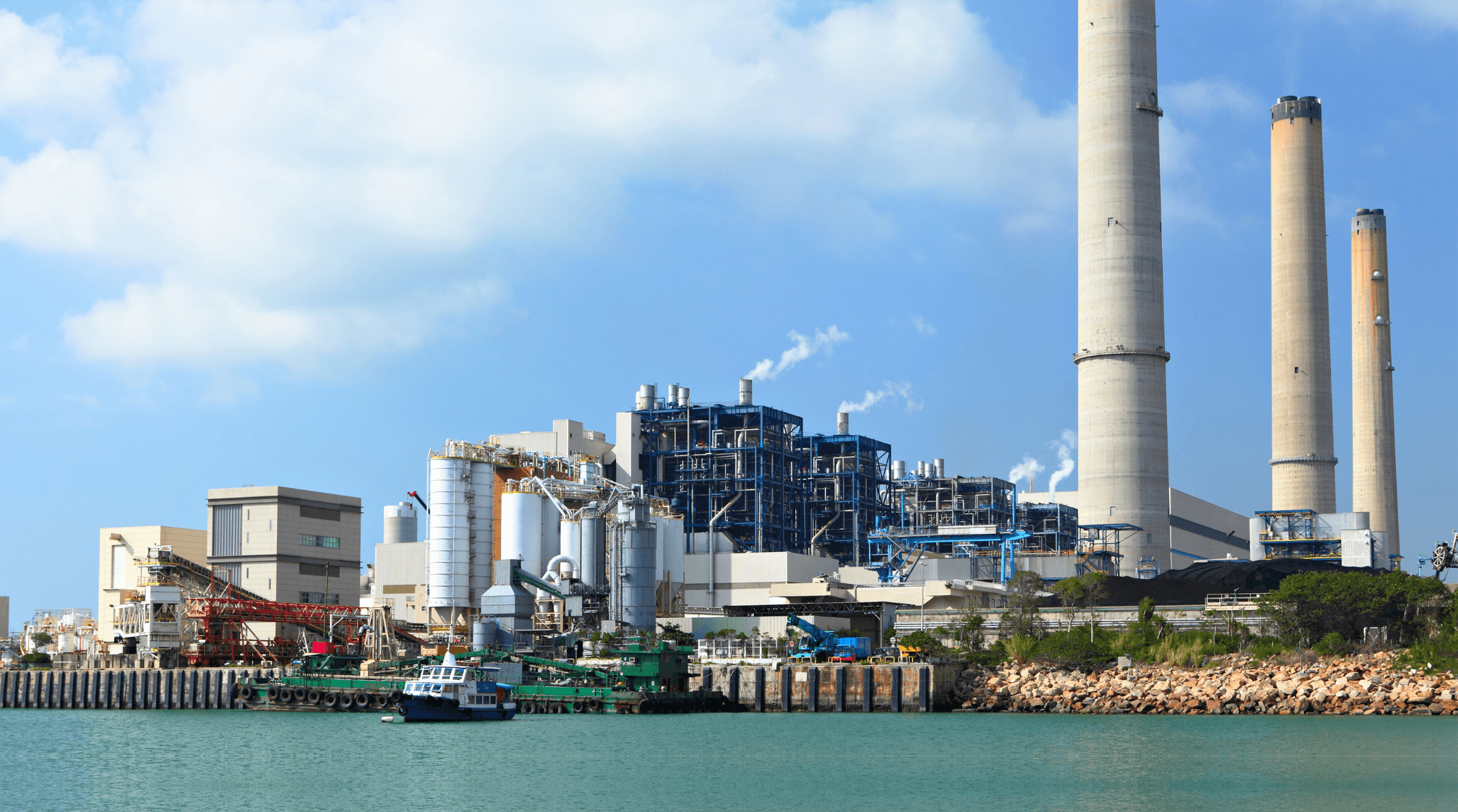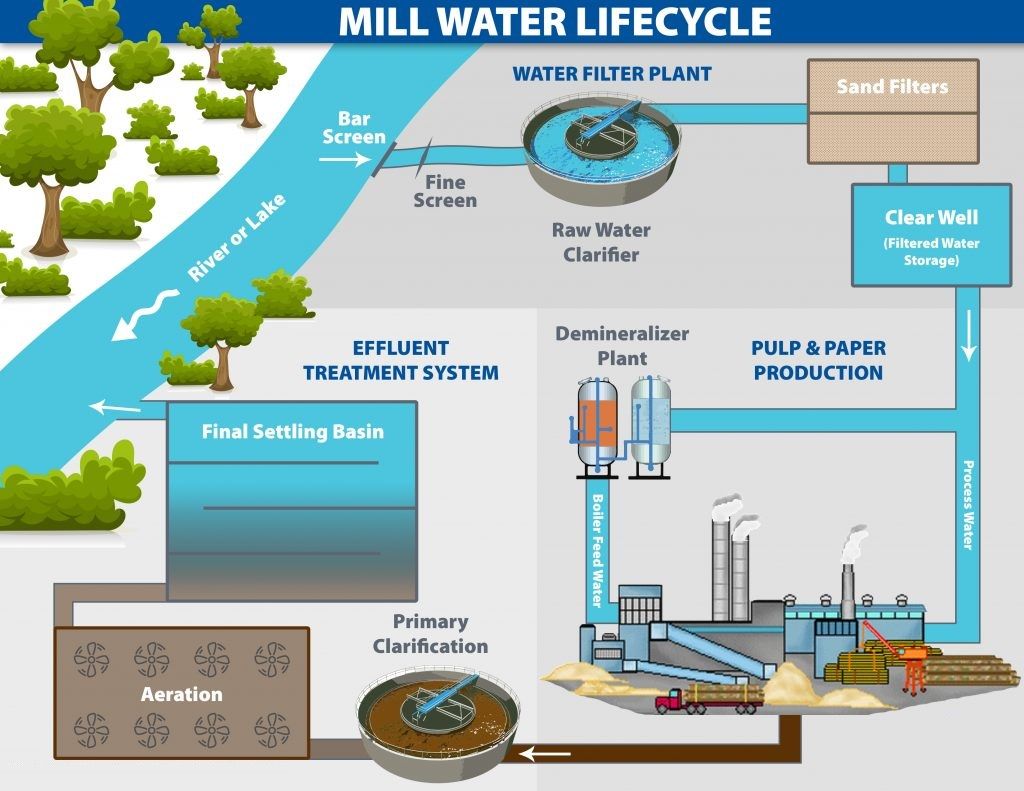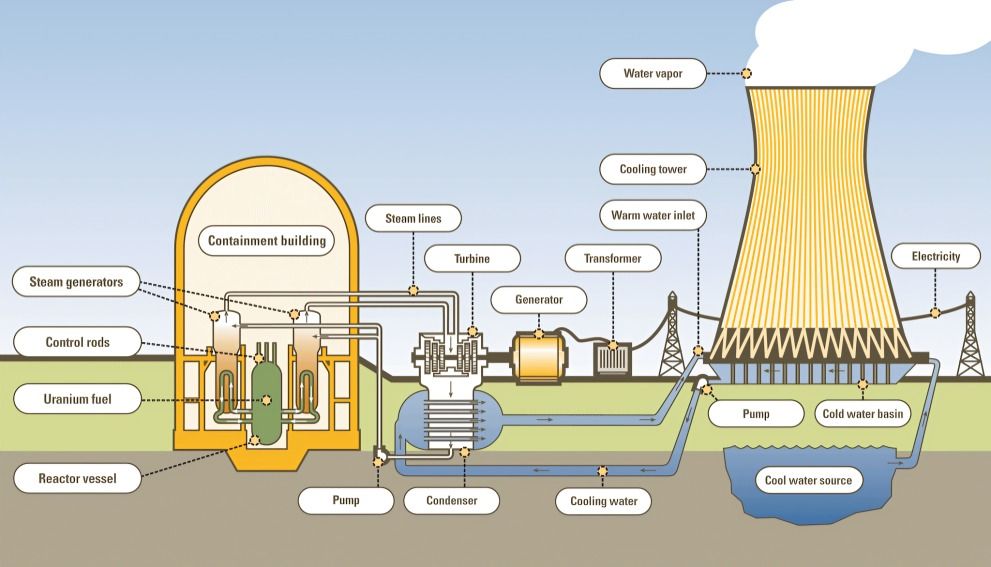
“
Water usage in industries is a critical aspect of modern manufacturing and production processes. Water is essential in various industrial activities, including cooling machinery, processing raw materials, cleaning equipment, and as an ingredient in products. By optimizing water use and implementing recycling practices, industries can reduce their water footprint and contribute to more sustainable and eco-friendly operations.1
1
”
Globally, industry accounts for about 20% of freshwater withdrawals, with significant variation by region. Efficient water use and management in industries are essential for balancing economic growth with environmental sustainability and resource conservation. 1
In pharmaceutical manufacturing, high-purity water is essential. It’s used for cleaning equipment and as an ingredient in various drug formulations, ensuring medications are safe, effective, and free from contamination. 2
Water plays a vital role in food processing, especially in pasteurization. It helps quickly heat and cool products, ensuring safety by eliminating harmful bacteria while preserving the quality and flavor of the food. 3
In beverage production, particularly brewing, water quality is critical. The minerals present in water can alter the flavor profile of beer, making water a key ingredient in crafting distinct, high-quality beverages. 4

The paper manufacturing process relies heavily on water, which is used in pulp formation to bond fibers and remove impurities, ensuring the production of smooth, high-quality paper with the desired texture and strength.
In the semiconductor industry, ultra-pure water is crucial. It’s used to clean silicon wafers, ensuring no contaminants affect the sensitive electronic components, which is vital for the production of reliable, efficient semiconductors. 5
Water is essential in power generation, particularly in cooling towers of power plants. Efficient cooling processes using water can significantly enhance overall energy production, ensuring power plants operate safely and effectively. 6
The automobile industry uses water extensively in painting and coating vehicles. The quality of water affects the finish and longevity of the paint job, ensuring that cars have a durable, appealing appearance. 7
Water is vital in metal processing, particularly in forging and cutting. It cools machinery and products, preventing overheating and ensuring precision in metalwork, which is crucial for producing high-quality metal components. 8
In the mining industry, water is used in hydraulic fracturing and to separate valuable minerals from ore through washing and flotation processes, ensuring the efficient extraction of essential materials from the earth. 9
Water is a key ingredient in chemical manufacturing, where it’s used in various reactions and processes. The quality of water directly affects the purity and effectiveness of the final chemical products. 10
In the cosmetics industry, water is used in formulating many beauty and skincare products. It acts as a solvent, helping to achieve the right consistency and stability in creams, lotions, and other cosmetic items. 11
Beyond irrigation, water is crucial in agriculture for processing crops after harvest. It’s used to wash and cool fruits and vegetables, ensuring they reach consumers fresh, clean, and free from contaminants. 12
Water is essential in leather tanning processes, helping to soften hides and allowing for the absorption of tanning agents. This process preserves the leather, ensuring durability and quality in the final product. 13

In nuclear power plants, water serves as both a coolant and a neutron moderator in reactors. This dual role is vital for ensuring the safe, efficient, and continuous operation of these power-generating facilities.
Water is essential in the waste management industry for treating wastewater, controlling odors, and processing solid waste. It helps in breaking down organic matter, reducing pollution, and converting waste into reusable products. 14
In industrial settings, large quantities of water are stored for emergency firefighting. It’s crucial for quickly suppressing fires, preventing widespread damage, and ensuring the safety of factories and industrial operations. 15
The glass manufacturing process uses water for cooling, cutting, and polishing glass products. It ensures that the glass remains free of defects and maintains its clarity and strength during production. 16
In aerospace manufacturing, water is used for cooling and cleaning components, as well as in testing equipment under simulated environmental conditions. Water's role is crucial in ensuring the safety and reliability of aerospace products. 17
Water is a crucial component in construction, particularly in the production of concrete and mortar. It reacts with cement to form the binding material that holds buildings together, ensuring structural integrity and durability. 18


